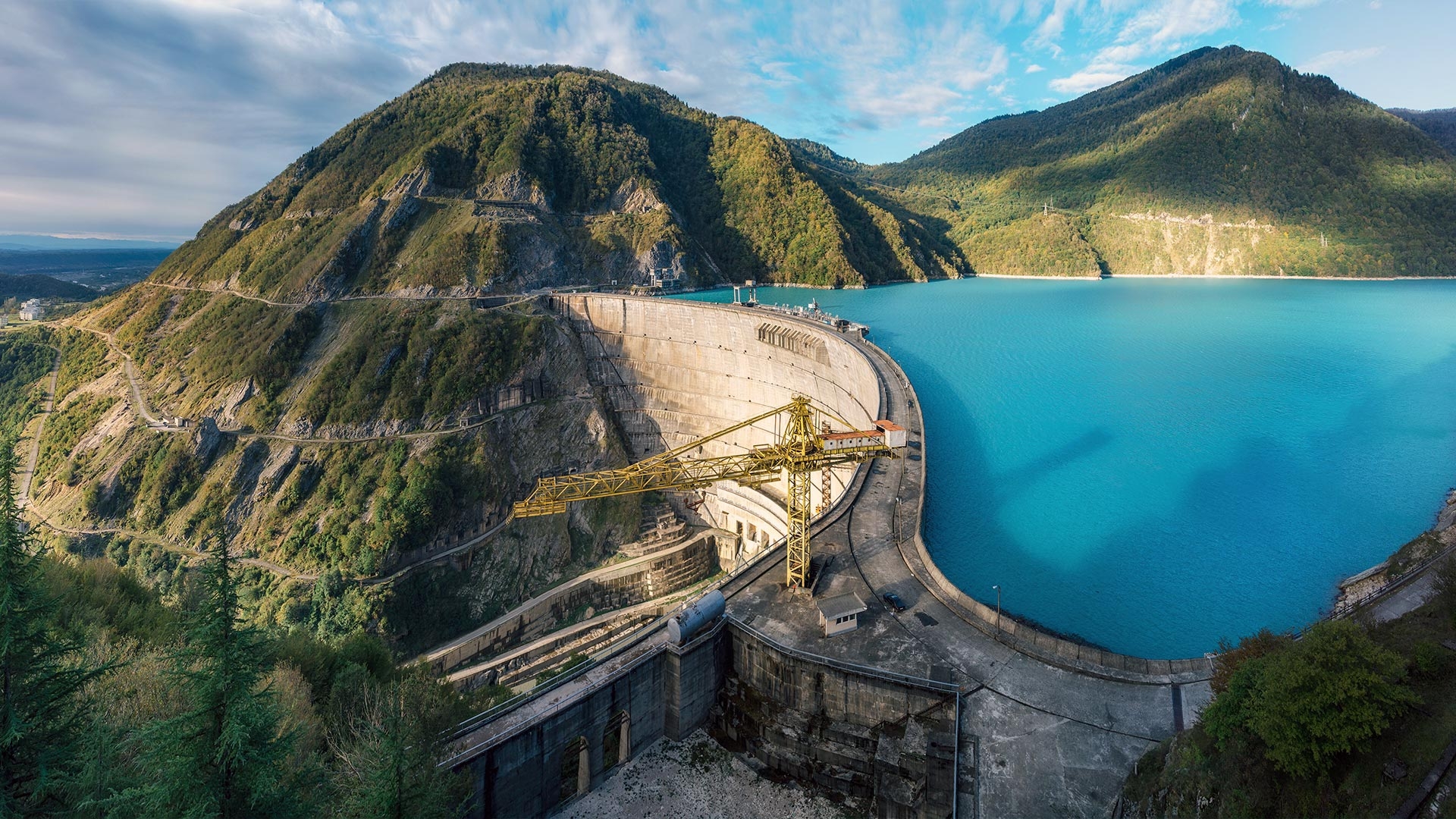How Georgia’s Economy Is Defying the Global Downturn
At the start of March, Georgian Prime Minister Irakli Garibashvili flew to Germany to launch ITB Berlin 2023, the world’s largest travel trade show. As the official host nation of the flagship event, Georgia seized another opportunity to put all that it offers in front of global business and international investors.
Under the slogan “Infinite Georgian Culture: From the Beginnings of Viticulture to Modern Avant-garde Art,” Georgia reminded the world of its credentials as a sophisticated 21st-century democracy with ancient traditions.
The growing confidence in Georgia is reflected in how this Caucasus nation is viewed internationally. Fitch Ratings raised the country’s financial outlook from “stable” to “positive” in January, confirming its BB credit rating. In December, the IMF reported that Georgia had “performed strongly” in 2022, citing “buoyant tourism revenues,” a “surge” in financial inflows and “a rise in transit trade through Georgia.”
A gateway between East and West
As a transcontinental nation that intersects Europe and Asia, Georgia has a distinct geographic advantage as a gateway between East and West.
Georgia’s transport connections are key to its future growth. The nation sits at the heart of the Middle Corridor trade route, which provides an alternative to the Northern Corridor between China and Europe, which has been impacted by conflict. The Middle Corridor is being positioned as the fastest and most economic trade route linking China to Europe.

Georgia has also announced plans for a new, strategic deep seaport project in Anaklia on the Black Sea, while negotiations are underway to develop the port of Poti to allow vessels of up to 50,000 tons to dock. The China-Europe Railway has announced a new route linking the Xi’an International Dry Port in China with Europe, viaPoti.
Rail freight through the Middle Corridor is also growing. Cargo carried by the Baku-Tbilisi-Kars (BTK) railway, which opened in 2017 and is due for completion in 2024, is forecast to increase from around 500,000 tons in 2022 to 5 million tons a year.
Georgia’s hub status has prompted upgrades to its airport network to receive more international visitors. Around $42 million has been invested in expanding its international airports in Kutaisi and Batumi to increase passenger flow, as the country bolsters its role as a leading hub for Eurasia.
The investment in airports will bolster Georgia’s booming tourist trade. The number of international tourists in Georgia in 2022 increased by 182.5% over 2021 and record revenues of $3.5 billion, surpassing the previous record of $3.3 billion in 2019, with the number of EU visitors increasing 95% between 2021 and 2022, according to Georgia’s National Tourism Administration.
An international energy supplier
Its strategic location means Georgia will play an increasingly pivotal role in international energy supply. The new Black Sea Electricity Cable project will connect the electrical systems of the Caucasus to those of the European continent. The 1,195-kilometer submarine cable, which will become operational in 2029, is set to turn Georgia into an electricity hub and integrate it into the EU’s internal electricity market.

This project is “historic”, says Garibashvili, who compares its significance to that of the Baku-Tbilisi-Ceyhan oil pipeline, which traverses Georgia on the way to Turkey. Georgia wants to be an energy exporter and is seeking $3 billion in investments into its hydropower sector. It is among the top countries in the world by water resource per capita, with more than 26,000 rivers, of which 300 provide opportunities for hydropower, according to Georgia’s Ministry of of Economy and Sustainable Development.
A leading investment destination
Investors are clearly encouraged. FDI in Georgia jumped to an all-time high of $2billion in 2022, a 61% increase on 2021. The biggest investor countries in 2022 were the UK, Spain, the US, the Netherlands, Ireland and China. Spain-based Aqualia, the third-largest private water company in Europe, invested $180 million in Georgia’s water utilities in 2022, attracted by the country’s robust regulatory framework.
Bloomberg Media's proprietary 2022 study of key international investors ranked Georgia 13th most popular investment destination among major global economies including the US and China. Investors are attracted to Georgia’s access to secure supply chains between Europe and Asia and the opportunities they present for expanding into new territories. Priority areas for investors include local supply chains, commercial facilities, business services and long-term infrastructure.
The Bloomberg study found that IT was the leading sector for investment. Between 2016 and 2021, Georgia’s IT and communications sector grew in gross value added by 102%. Export services from this sector increased by 61% in the year to 2021, a trend which is set to grow following the arrival of numerous overseas IT and business process outsourcing companies, such as Combined Radio Solutions, an American IT company which arrived in Georgia in October.
All these activities are strengthening Georgia’s economy. Aided by strong performances in tourism, exports and FDI, it has posted double-digit GDP growth for the past two years, with an increase of 10.1% in 2022 following an uptick of 10.4% in 2021. The World Bank forecasts growth of 4% in 2023 and 5% in 2024, making Georgia a top-performing economy in the Eurasia region.
The European Bank for Reconstruction and Development is a firm supporter of Georgia and invested €218 million ($232.8 million) in the country in 2022. Catarina Bjorlin Hansen, the bank’s Regional Director for the Caucasus, notes that the EBRD has helped Georgia build an“inclusive, green and more digitalized economy.”
Soaring inflation, high interest rates and conflict are putting pressure on economies around the world. But with a strong economic performance and backing from investors, Georgia is in the exactly the right place to grow and become a hub for global business.
